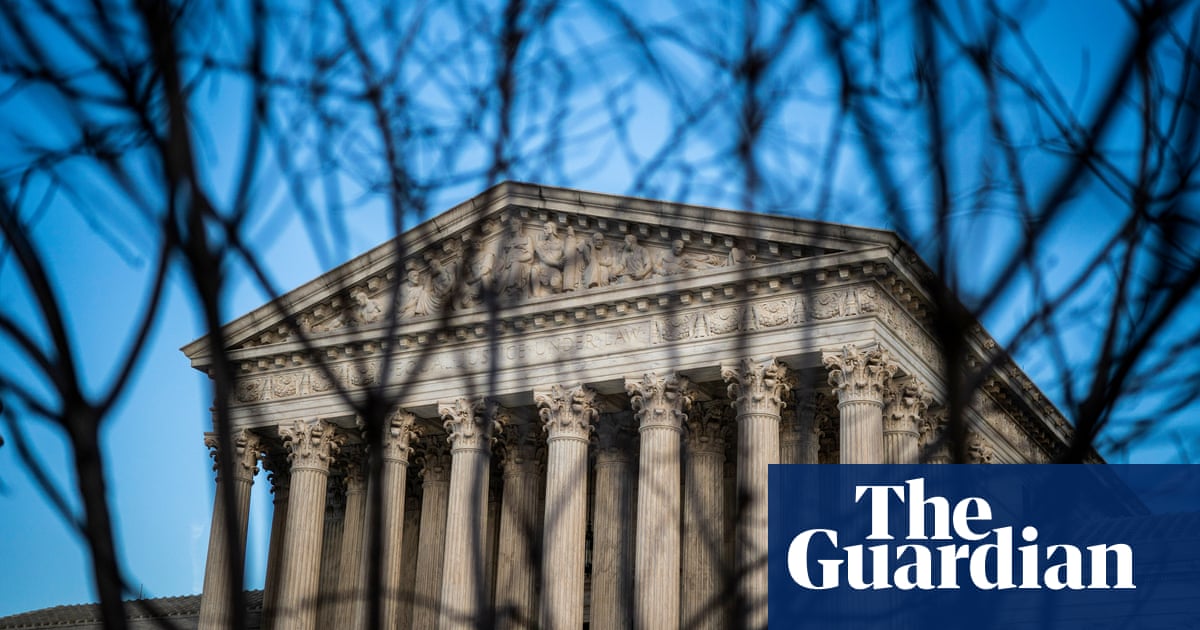
The UK Supreme Court has ruled that Scotland’s parliament does not have the legislative competence to hold a consultative referendum on independence next year.
The ruling was handed down on Wednesday morning, following a case brought by the Scottish government and Nicola Sturgeon’s Scottish National Party in October.
First Minister Sturgeon, reacting to the ruling, said she was disappointed but would respect the result.
“In securing Scotland’s independence, we will always be guided by a commitment to democracy and respect for the rule of law,” she said, adding they were “important” principles.
“As is becoming clearer by the day, achieving independence is not now just desirable, it is essential if Scotland is to escape the disaster of Brexit, damage of policies imposed by governments we do not vote for, and the low growth high inequality economic model that is holding us back.”
Sturgeon added the judgement raises “profound and deeply uncomfortable questions about the basis and future of the UK”, adding it had “shattered” understandings that union was voluntary.
The British government said Edinburgh must now “concentrate (...) on the issues that matter most” for the Scots after the court refused to allow a new independence referendum.
“We take note of and respect the unanimous verdict of the Supreme Court today,” Scotland Minister Alister Jack said in a statement.
“People in Scotland want their governments (in Edinburgh and London) to focus [...] on the issues that matter most to them.”
Britain’s top court was hearing whether Scotland’s semi-autonomous administration can organize an independence vote without the London government’s consent.
Sturgeon planned to hold a new independence referendum in October next year, but the UK government had been adamant it wouldn’t happen, saying the 2014 referendum — which was won by the “no” campaign with 55% of the vote to 44% in favor of independence —- was a “once in a generation event”.
Since then the numbers have tightened and Scots are evenly split on independence, although they have consistently returned pro-independence politicians to parliaments in Westminster and Edinburgh over the last eight years, with the SNP winning every national vote since then.The Scottish Parliament currently has a majority of MSPs who are pro-independence from Sturgeon’s Scottish National Party and the Greens.
Sturgeon and the SNP argue that Britain’s departure from the European Union and the coronavirus pandemic have upended politics and the economy and that it’s time to revisit the case for independence.
Five judges on the UK’s Supreme Court in London heard arguments in this case over the course of several days in October.
The British government’s position was that only Westminster could give the green light to any new independence referendum because constitutional issues remain the purview of the London government and are not devolved to Edinburgh.
Meanwhile, the Scottish government’s lawyers argued that the proposed referendum — like the 2016 Brexit referendum — would only be advisory and would not in itself mean Scotland becomes independent, as there would need to be negotiations and new laws passed before that could actually happen.
Pro-independence activists have organized rallies in 14 Scottish towns and cities on Wednesday evening, and in five locations across Europe — in Brussels, Paris, Rome, Berlin and Munich — events that were planned to go ahead no matter the outcome of the Supreme Court ruling.
“Supporters of a second independence referendum will be on the streets across the country after the Supreme Court’s verdict,” said Lesley Riddoch, from the Time for Scotland campaign which is organizing the rallies.
“Their decision impacts hugely on plans for a second referendum, and the desire amongst 50% of Scots for another say on our future must be visible and impactful at this critical moment,” she added.
Sturgeon has previously said if the Supreme Court did not rule in the Scottish Government’s favor then the next UK general election would become a de facto vote on independence, and her party would campaign on that sole issue. — Euronews












